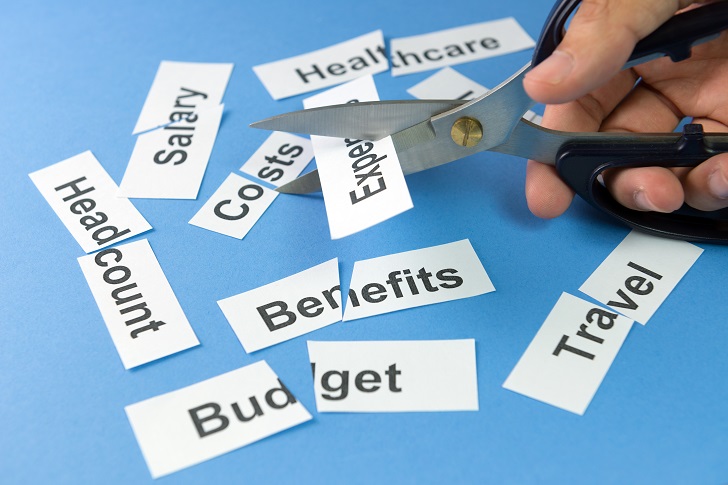When times are tough, and money is tight, knowing how best to handle your finances can be challenging, but managing your money during a recession doesn’t have to feel overwhelming. Below are some helpful strategies for maintaining financial stability in an economic downturn, from budgeting tips to advice on cutting back spending.
Create a Budget and Track Your Spending Habits
It's easy to spend money when you're impulsive, but you need to create a budget and track your spending to ensure your hard-earned money is being used correctly. Whether you're trying to save for a big purchase or want to reign in your monthly expenses, sitting down and creating a budget can make a difference in your financial health.
But don't worry - apps and online resources make it easier to track your spending and stay on top of your finances.
Make Sure You’re Paying Off Your Debts
It's no secret that debt can be stressful and overwhelming. However, it's important to tackle it head-on instead of avoiding the problem. Paying off debt, no matter how big or small, can lead to relief and freedom.
You should also create and stick to a budget, prioritizing paying off debt before spending money on unnecessary expenses. Taking small steps towards paying off debt can make a big difference in the long run and bring a sense of financial stability. Remember, it's never too late to start paying off debt and taking control of your finances.
Research Ways to Maximize Savings
Maximizing your savings is a smart financial move to help secure your future. One way to achieve this goal is by utilizing high-interest savings accounts. These types of accounts typically offer higher interest rates than traditional savings accounts, which means you can earn more money on your deposits.
By taking advantage of these higher rates, you can grow your savings more quickly and achieve your financial goals sooner. Additionally, consider automating your savings contributions, finding opportunities to reduce expenses, and seeking professional financial advice to help you save even more.

Trident QMS/ iStock | By cutting unnecessary expenses, you can allocate that money to where it's truly needed
Consider Reducing Expenses
In today's fast-paced world, indulging in luxuries like dining out or subscribing to multiple streaming services can be tempting. However, you should keep your finances in check and consider reducing unnecessary expenses. You can achieve your financial goals without compromising your lifestyle by making minor adjustments in your spending habits.
Maybe start by cooking more meals at home or canceling subscriptions you don't often use. It may seem challenging initially, but you'll be surprised how quickly these changes add up and positively impact your bank account. Being mindful of our spending is a step towards financial stability and freedom.
Investigate Ways to Increase Income
Today's economy is not always easy to navigate, so more people are turning to side hustles and extra hours at work to increase their income. Whether freelancing, selling items online, or picking up extra shifts, there are countless ways to bring in extra cash. Not only can a side hustle provide financial benefits, but it can also provide a sense of fulfillment and purpose outside of your regular 9-5 job.
Regarding your overall financial health, there’s no substitute for being smart, aware, and disciplined. With that in mind, it’s important to establish a budget and track your spending habits. Limiting or reducing expenses can also be beneficial, as well as consolidating debt and researching ways to maximize savings.
Lastly, don’t be afraid to try something new by looking into side hustles to increase income. Taking these steps can help strengthen your financial standing, ensuring a secure and prosperous future ahead of you. So think about how you manage your money today—it could make all the difference tomorrow!









